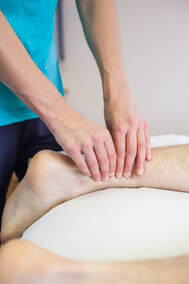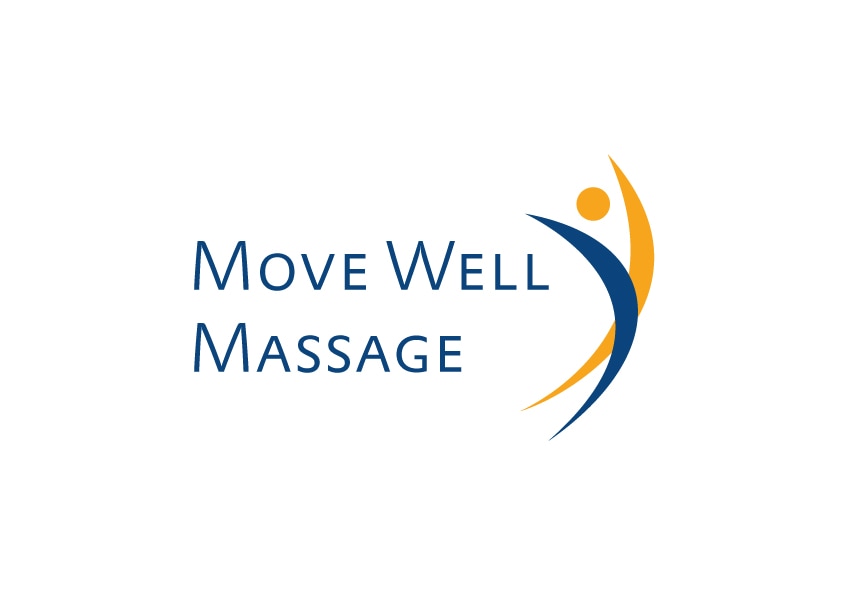Plantar Fasciitis Rehabilitation
This is a rehabilitation approach for treating plantar fasciitis, to be used in combination with treatment from an appropriate manual therapist. Please note, it is only for use when a definite diagnosis of the condition has been given. If any of the below cause increased pain, stop that aspect and consult an appropriate professional for advice if needed.
Plantar fasciitis can take 3-6 months to get better. It is a self-limiting condition, which means that it gets better itself over time. Manual therapy provided by Viv at Move Well Massage can help ease symptoms BUT this condition almost always takes time to resolve. Viv would rather be honest than promise a miracle cure that will leave you disappointed! Persevere with the rehabilitation below to speed up the healing process:
This is a rehabilitation approach for treating plantar fasciitis, to be used in combination with treatment from an appropriate manual therapist. Please note, it is only for use when a definite diagnosis of the condition has been given. If any of the below cause increased pain, stop that aspect and consult an appropriate professional for advice if needed.
Plantar fasciitis can take 3-6 months to get better. It is a self-limiting condition, which means that it gets better itself over time. Manual therapy provided by Viv at Move Well Massage can help ease symptoms BUT this condition almost always takes time to resolve. Viv would rather be honest than promise a miracle cure that will leave you disappointed! Persevere with the rehabilitation below to speed up the healing process:
|
- In the morning and evening:
- 500ml water bottle (curved) - in freezer - roll it along your foot for 10 mins. Or: put your foot on an ice pack/bag of peas.
- Tennis or golf or child's rubber ball, roll your foot on it for about 2 mins (with care, don't put full body weight onto the foot at the same time as it will hurt)
- Walk regularly. Even a 10 minute walk will help gently loosen things off - wearing footwear as per advice in no.1. If you are not in agonising pain, or once pain begins to reduce, spend some time each day at home walking in bare feet as this will allow the feet and calf tissues and joints to really stretch out and lose tension, which can help to decrease pain.
- Keep your back supported when you sit in the evening. Put your feet up on a stool or similar - it will prevent your calves shortening and tightening, which makes the plantar fasciitis worse.
- If in a lot of pain, avoid running and cycling which will tighten the structures causing inflammation of the plantar fascia.
- Some people find that a night splint that holds the foot in extension (the opposite of pointing your toes) is helpful but this can vary. If you're at your wit's end, this is worth a try.


